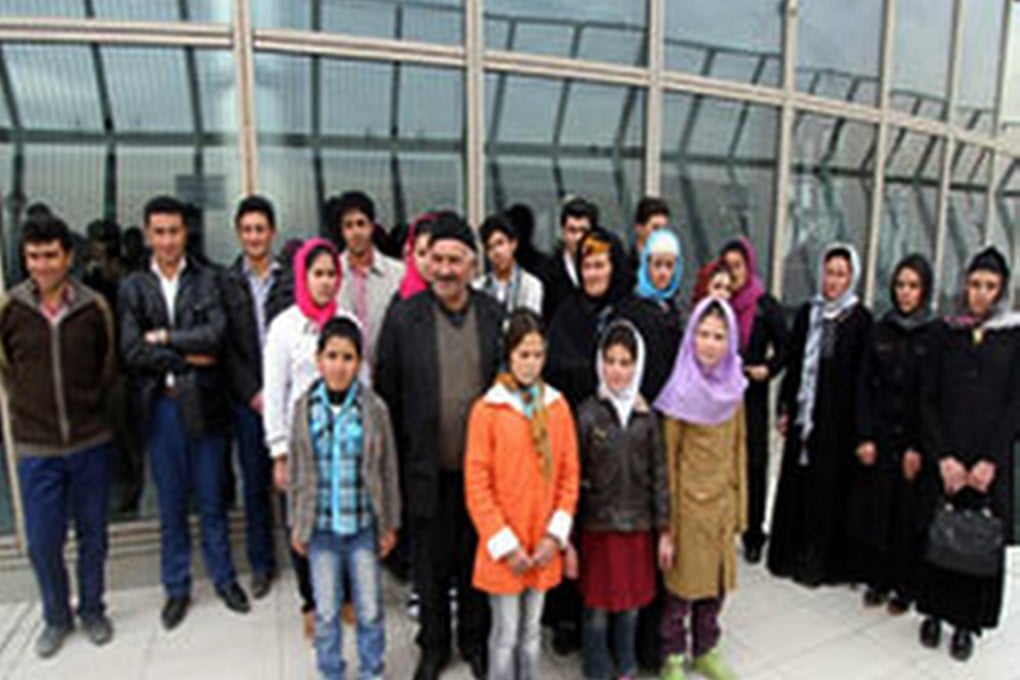Iran’s plunging birth rate causes serious concerns for economic future
In one generation, Iran has been hit by one of the most rapid declines in fertility ever recorded

Qassem Ali-Loui was feted as a hero with interviews on state television, gifts, a tour of Milad Tower, Iran's tallest building, and a free lunch at its revolving restaurant together with his wife and 19 children.

Births in Iran dropped to 1.6 children per woman in 2012 from 6.4 three decades earlier, UN data shows. The rate fell below that needed to prevent the population shrinking after Iran, its finances pummelled by a 1980s war with neighbour Iraq, scrapped incentives for larger families, and more women chose to study longer or find work.
"In one generation, Iran registered one of the most rapid fertility declines ever recorded in human history," said Nicholas Eberstadt, a political economist at the American Enterprise Institute in Washington, who conducts demographic research. It took Europe 300 years to record a similar drop, he said. "I'm sceptical that this trend can be reversed," Eberstadt said.
Enter Ali-Loui, his wife of 41 years and their brood of 11 girls and eight boys, whose ages range from 35 to seven, according to the YJC news website. "In the old days, most of the rural families were farmers and having a child was seen as an asset," he told the site. "Families needed their children to work alongside them."
Restoring vigour to Iran's population of 75 million has become a priority just as President Hassan Rowhani seeks an economic lifeline through the lifting of trade curbs imposed over the nation's nuclear programme. The sanctions, some of which were lifted under a November interim deal, slashed oil revenues by half since 2012 and barred foreign investment.
In December, billboards with the messages "A single blossom is not spring", and "More children, better lives", appeared across Tehran.